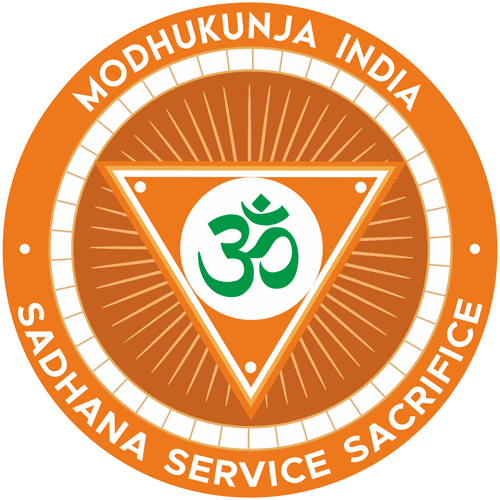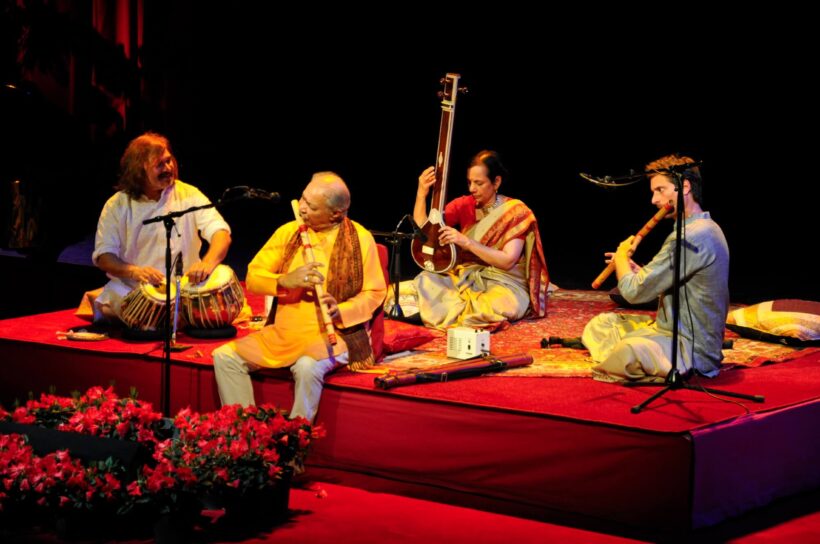Indian classical music is both elaborate and expressive. It is monophonic in nature and based on a single melody line. We can distinguish two big classes of Indian classical music: the Carnatic music, coming from South India, and the Hindustani music
Indian classical music is both elaborate and expressive. It places great emphasis on improvisation. It is monophonic in nature and based on a single melody line. We can distinguish two big classes of Indian classical music: the Carnatic music, coming from South India, and the Hindustani music, mainly found in North India. Carnatic music tends to be more rhythmically intensive and structured than Hindustani music. Today’s typical concert structure was put in place by the vocalist Ariyakudi Ramanuja Iyengar. The opening piece is called a varnam, and is a warm-up for the musicians. A devotion and a request for a blessing follows, then a series of interchanges between ragams (unmetered melody) and thaalams (the ornamentation) This is intermixed with hymns called krithis. The pallavi or theme from the raga then follows. Carnatic pieces also have notated lyrical poems that are reproduced as such. Primary themes include worship, descriptions of temples, philosophy, and nayaka-nayika (Sanskrit “hero-heroine”) themes. Typical Carnatic instruments are: veena, venu, gottuvadyam, harmonium, mridangam, kanjira, ghatam, nadaswaram and violin. Hindustani music is influenced by foreign cultures. It assimilated various folk tunes. Typical instruments are the tabla, a type of drum, usually used to keep the rhythm, the stringed tampura, the sarangi, the sitar and the harmonium.


Leave a Reply